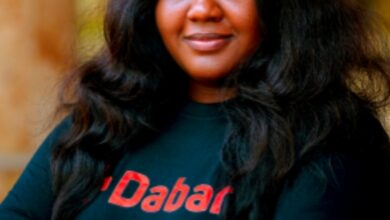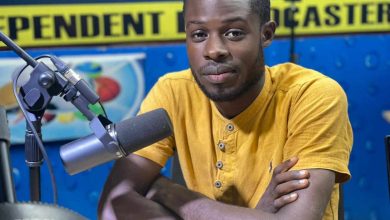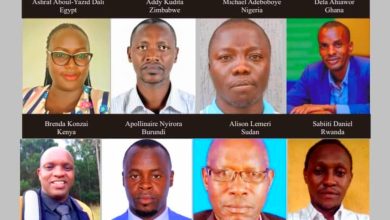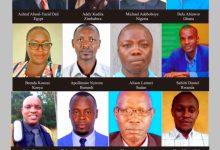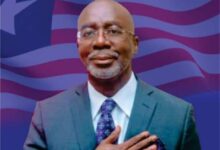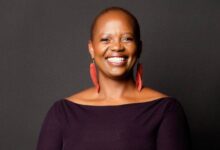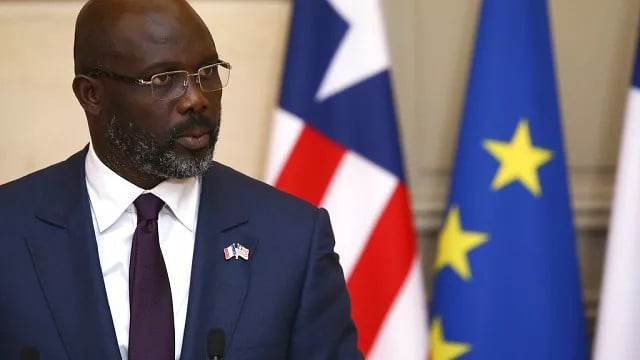
By Peace Karnkeh
Africa is the richest and second-largest continent in the world with 54 countries and a variety of natural resources. Africa has been steam as the breastplate of authoritarian, dictator, and tyrant form of leadership and government, because of its numerous coup d’état, electoral violence, and the selfish interest of politician.
Many of Africa’s troubles are the result of political transition, corruption, poverty and impeachment. It is vivid that African leaders have demonstrated brutal and cruel acts, imputing their will upon the people. The military coup in the Republic of Togo is Africa’s earliest or first coup d’état that led to the assassination of President Sylvanus Olympio and most of his cabinet members on January 13 1963. The coup was headed by Emmanuel Bodjolle and and Etienne Eyadema, and the reason given by the military leaders were economic problems and a failing economy.
Nigeria also experienced a coup d’état on 13 February 1976 headed by Colonel Bukar Suwa Dimka attempting to overthrow the government. There have been approximately 320 attempted, plotted, alleged and successful coup d’état in Africa (Coup d’Etat in Africa, 1946-2004).
Liberia has a long history of coup d’état from its foundation up to the first and second republic. In October, 1879 President Edward James Roye of the True Whig Party was forcefully removed from power by a coup d’état of the mulatto political elite of the Republican party of incumbent president James S. Payne.
The greed of Liberia’s political leaders is unimaginable to the extent that Liberia’s 1927 election has been described as the most corrupt election in world history. To acknowledge, the total registered voters did not exceed 15,000 but incumbent president Charles Dunbar Burgress King got a total of 229,527 votes while defeated candidate Thomas J. R. Faulkner received 8992 votes.o
Moreover, after one hundred and thirty-two years, the government of president William R. Tolbert in 1971-1980 was invaded through a coup d’état because of the dissatisfaction of seventeen enlisted men of the Arm Forces of Liberia (AFL) headed by master sergeant Samuel K. Doe. Their claims are: Rampant corruption, unemployment, very high cost of living, poor health, inadequate educational facilities, violation of human and constitutional rights etc. The 1980 coup of Liberia led to the country’s long-term civil unrest from 1989-2003 with dissatisfaction from waring groups towards the government. The civil war destroyed the country, resulting in an estimated 150,000 to 250,000 death of women, men and children, and displacement of over half of the country’s population (Liberia-CJA)
Onward, the 2005 elections which took place in the presence of the United Nations, ECOMONG and other joint security to enhance Liberia’s peace and security process. Frances Johnson-Morris, the chairwomen of the National Election Commission announced result with 59.40% to Ellen Johnson Sirleaf and 40.60% to George M Weah. (Agence France Presse, Feb 7, 2005). ( Liberia to hold elections October 11’’) Liberia still experienced high political tension as Weah claims electoral fraud, stating elections official were stuffing ballot boxes in Ellen Johnson Sirleafs favor. (Terence Sesay, Nov 24,2004) ref. “Presidential candidate Weah takes Monrovia by storm’’ Nov 24, 2004.
The 2011 election was a very controversial election as presidential candidate Winston Tubman alleged that the first round was rigged in favour of the incumbent president and called on his supporters to boycott the run-off. And NEC declared the incumbent president winner after the run-off with 90.7% (National Tally Center Tally Report Nov. 2011). After a persistant fight of the CDC, the 2017 election brought President George M. Weah to power with a triumph over the Unity Party with 60% of the total votes casted bringing him to power and wininng almost the entire fifteen counties of Liberia.
President Weah, a former scorer loved by the Liberian people, has demonstrated political calm over the years and commitment to holding the banner of democracy. Liberia, through Weah, has gained world admiration in the absence of the UN and ECOMONG as a young incumbent president concedes an election defeat and called on his opposition running mate to congratulate him. This has never happened on the continent of Africa and has placed Liberia’s democracy at the center of Africa and the world at large.
Moreover, Weah’s decision to accept the will of the Liberian people contradicts global perceptions of Liberia and Africa towards African leaders and brings a new dawn by reflecting the tolerance and peacefulness of Liberians to drive change that the world can adopt.
This history-making is a reflection of the prophecy of Abm. Marron Cassel, “Liberia, You Are Lifted, and Nations Shall Come to Your Rising.”

